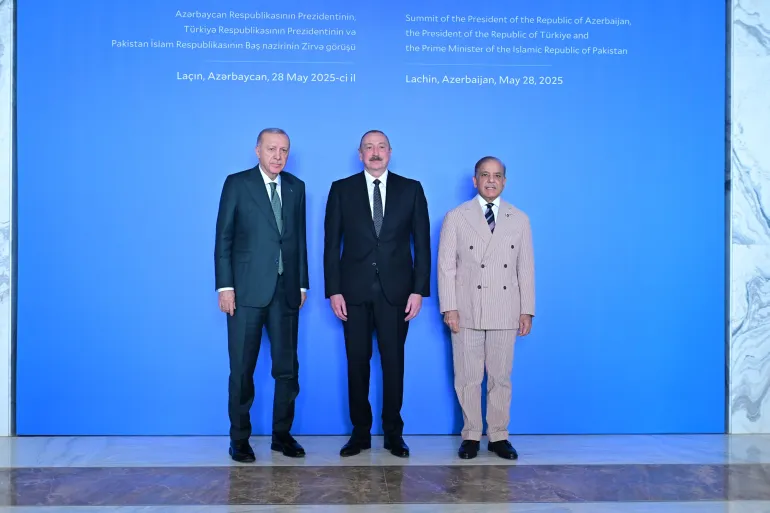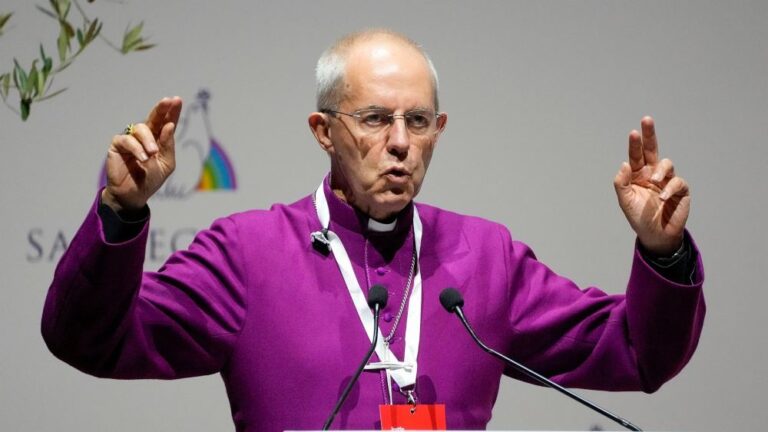Pakistan pitches ‘responsible’ image as diplomatic war with India heats up
Pakistan Prime Minister Shehbaz Sharif visited Azerbaijan in February, and Turkiye only a month ago, in April.
Yet, this week, he was back in both countries, as part of a five-day, four-nation diplomatic blitzkrieg also including stops in Iran and Tajikistan, where Sharif will hold talks on Thursday and Friday. And he isn’t alone: Sharif is being accompanied by Army Chief Asim Munir – recently promoted to Pakistan’s only second-ever field marshal – and Deputy Prime Minister Ishaq Dar.

Their destinations might be familiar, but the context has changed dramatically since Sharif’s previous visits.
More than two weeks after a four-day standoff between Pakistan and India – during which they exchanged missile and drone attacks – diplomacy has become the new battlefront between the South Asian neighbours.
India has launched a global diplomatic campaign, sending delegations to more than 30 countries, accusing Pakistan of supporting “terrorist groups” responsible for attacks in India and Indian-administered Kashmir.
“We want to exhort the world to hold those responsible for cross-border terrorism accountable, those who have practiced this for 40 years against India, that is Pakistan. Their actions need to be called out,” said Randhir Jaiswal, spokesperson for India’s Ministry of External Affairs, last week.
On April 22, gunmen killed 26 people, most of them tourists, in Pahalgam, a hill resort in Indian-administered Kashmir, in the worst such attack on civilians in years. India blamed the killings on The Resistance Front (TRF), which it alleges is linked to Lashkar-e-Taiba (LeT), a Pakistan-based group designated as a “terrorist” entity by the United Nations. New Delhi accused Islamabad of complicity in the attacks.
Pakistan denied the allegations, calling for a “transparent, credible, independent” investigation.
Then, on May 7, India launched a series of missiles aimed at what it said was “terrorist infrastructure” in parts of Pakistan and Pakistan-administered Kashmir. Islamabad insisted that the missiles struck civilians, mosques and schools. More than 50 people, including at least 11 security personnel, were killed in the Indian missile attacks.
This was followed by drone incursions and, on May 10, both sides fired missiles at each other’s military bases, as they stood on the brink of a full-fledged war before they agreed to a ceasefire that the United States says it brokered.







